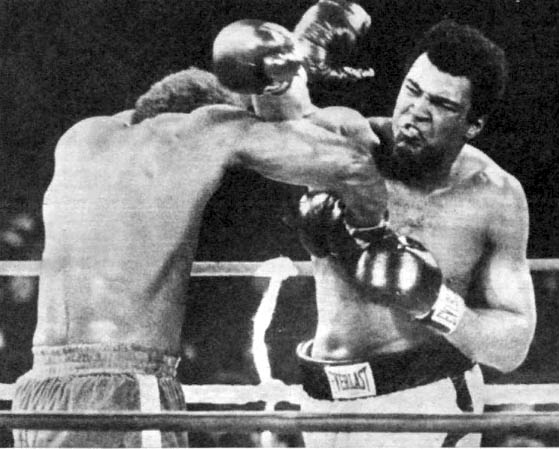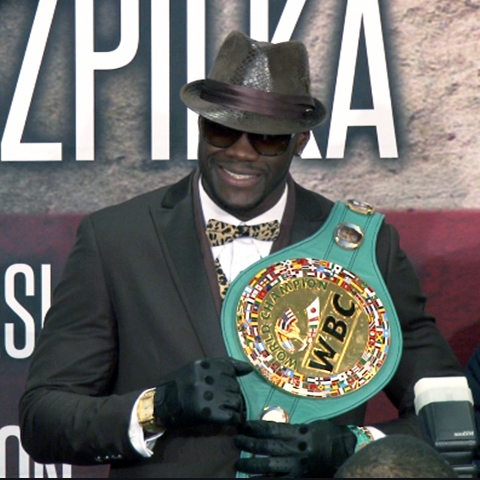"When We Were Kings" - a film about the boxing match between Ali and Foreman in Zaire
A documentary about a meeting with more than sporting significance
Documentaries about sporting events give fans a different perspective on what happened. They open doors to a different world, in which the players, the coaches and the supporters themselves participate far more actively than the TV shows us. Also, this type of production can remind us of an event or give us a chance to watch it for the first time as if it were live.
This is exactly the story of the movie "When we were kings" or "When we were kings" in English. It tells the story of the heavyweight title boxing match between George Foreman and Muhammad Ali that took place in Zaire, now the Democratic Republic of the Congo, on October 30, 1974.
The fight, known as the 'Jungle Clash', is one of the greatest sporting events of the 20th century. It also has significant cultural and political influence. It's no surprise that a great movie was made about him, directed by Leon Gast.
In the boxing match, considered underdog Ali and Foreman, who was not particularly liked at the time, faced off. George had crushed Ali's last opponent, George Frazier, and was the younger, bigger and stronger of the two. His punches can really take a toll on Ali, but he is calm and says he is young, fast and strong enough to win the fight.
In the years surrounding the clash, Zaire is a country that needs outside influence, needs to be presented to the world. It is for this reason that the leader Mobutu Sese Seko decided to provide 5 million dollars to each of the boxers during the negotiations with the promoters to guarantee the holding of such a sporting event in the country. A new stadium was also built for the occasion, in which about 1,000 cells were allegedly placed, from which political prisoners could watch the match. For Ali, this is an opportunity to get revenge for his refusal to participate in the Vietnam War. The situation for Foreman is a little different, but it is changing quickly. Fans all over the world are crazy about Muhammad Ali and have no idea that the other boxer is also black, so seeing him get off the plane in Kinshasa, many of them are shocked and change their minds about him.
"When We Were Kings" is like a real time capsule that contains original footage that waited until 1996 to be put together. The reason is legal and financial difficulties. This is a documentary film capturing the electricity generated by Muhammad Ali in his prime. Spike Lee, who along with sports journalists who attended the event, Norman Mailer and George Plimpton, provide contemporary commentary on the footage, says young people today are unaware of how important Ali was.
The history of the match is well known. Foreman looks like the dominant boxer, but most of his punches miss the mark due to his opponent's excellent defensive strategy. So round after round the favorite looks more and more tired. In the eighth part, Ali explodes with a wonderful combination to the head and wins by knockout.
However, the film shows something a little different. From the footage in it, it looks like this isn't a title challenger's strategy, but rather a desperate attempt to not lose the fight quickly. One thing became clear very quickly and that was that even Ali's staunchest fans did not believe it was possible for him to win the meeting in Zaire.
"When We Were Kings" beautifully captures the public persona and determination of a great boxer. Although he was labeled a coward and a fraud for refusing to participate in the Vietnam War, it shows how much courage and determination it takes to follow the path that Ali took.
Watching the film today makes us cringe at all the qualities of a competitor who seems to be nearing the end of his career, but still musters the necessary energy to win an all-important match while playing the role of an absolute underdog. It is also interesting to look at George Foreman, who today is a beloved figure, but in 1974 he was far from being so beloved by the people of the world. Although some of you know the outcome of the meeting, the tension does not diminish at any moment.




